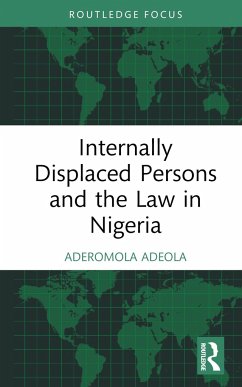
The Power of Place in Place Attachment

PAYBACK Punkte
22 °P sammeln!
This book provides geographical perspectives on the complex and multifaceted relationship between people and their lived environments. Scholars with varied regional, theoretical, and topical specialties offer chapters that explore different aspects of a phenomenon so pervasive that no conception of social or political action can afford to ignore it.In the process of spatial organization and differentiation, people develop emotional attachments to specific places, as well as people, objects, and practices associated with those places. Place attachments thereby shape everyday routines (e.g., rou...
This book provides geographical perspectives on the complex and multifaceted relationship between people and their lived environments. Scholars with varied regional, theoretical, and topical specialties offer chapters that explore different aspects of a phenomenon so pervasive that no conception of social or political action can afford to ignore it.
In the process of spatial organization and differentiation, people develop emotional attachments to specific places, as well as people, objects, and practices associated with those places. Place attachments thereby shape everyday routines (e.g., routes to work, shopping, social interactions), major life choices (e.g., places of residence, education, and vacations), and identities (e.g., civic, national, and religious). These attachments occur across multiple scales from personal dwellings to community, region, and homeland. It is our hope that this book reveals synergies between geography and other disciplines engaging withplace attachment whilst invigorating research on the topic. The Power of Place in Place Attachment will be of great value to researchers and scholars of geography, identity, mobility, and urban landscape change. The chapters in this book were originally published as a special issue of Geographical Review.
In the process of spatial organization and differentiation, people develop emotional attachments to specific places, as well as people, objects, and practices associated with those places. Place attachments thereby shape everyday routines (e.g., routes to work, shopping, social interactions), major life choices (e.g., places of residence, education, and vacations), and identities (e.g., civic, national, and religious). These attachments occur across multiple scales from personal dwellings to community, region, and homeland. It is our hope that this book reveals synergies between geography and other disciplines engaging withplace attachment whilst invigorating research on the topic. The Power of Place in Place Attachment will be of great value to researchers and scholars of geography, identity, mobility, and urban landscape change. The chapters in this book were originally published as a special issue of Geographical Review.














